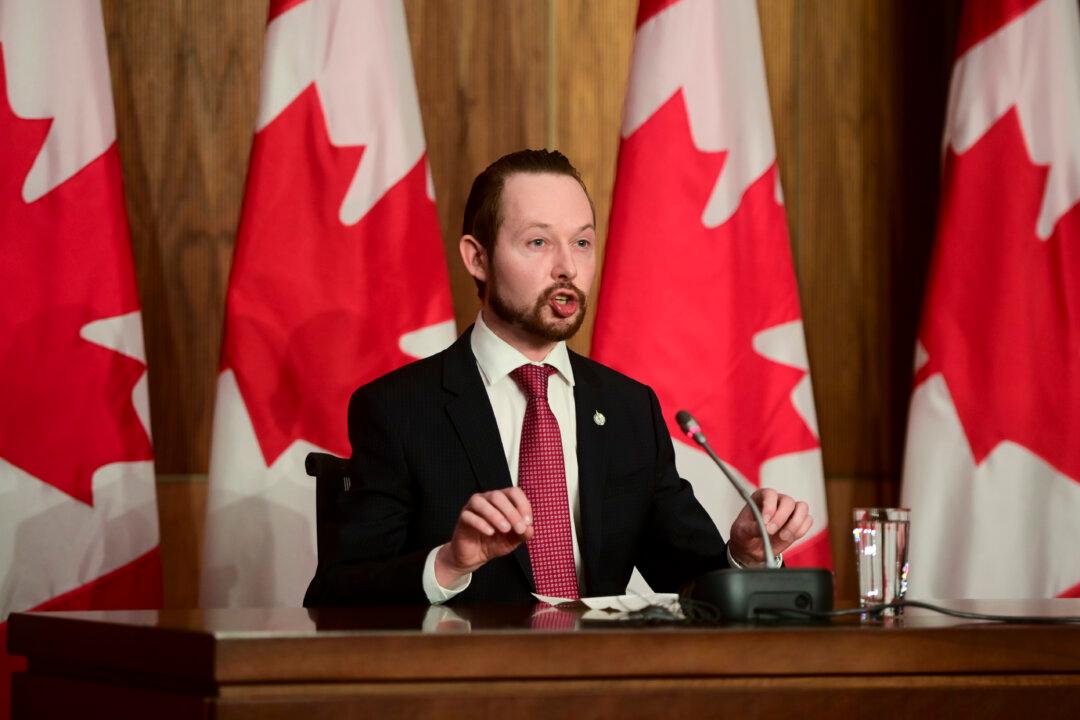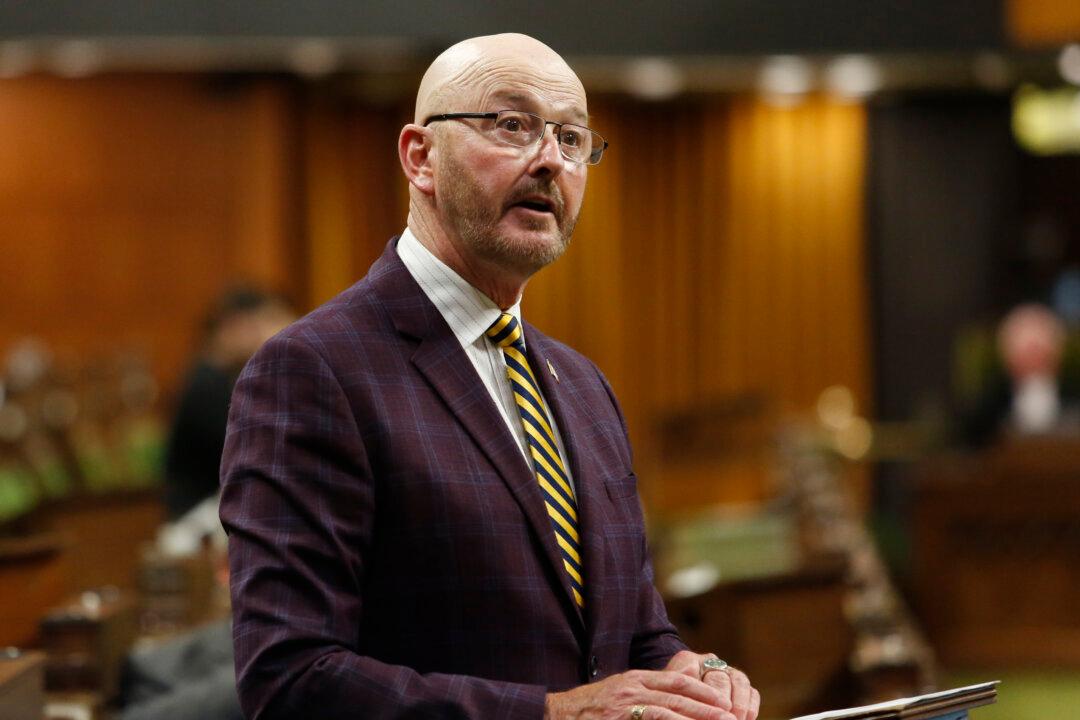Conservative Leader Andrew Scheer says if he becomes Canada’s next prime minister, he will take action to “repair the relationship” between Canada and China.
That includes appointing a new ambassador to China to replace John McCallum, who resigned in January 2019 after speaking out of line on the case of Huawei CFO Meng Wanzhou, arrested on a U.S. extradition request in Vancouver last December.





